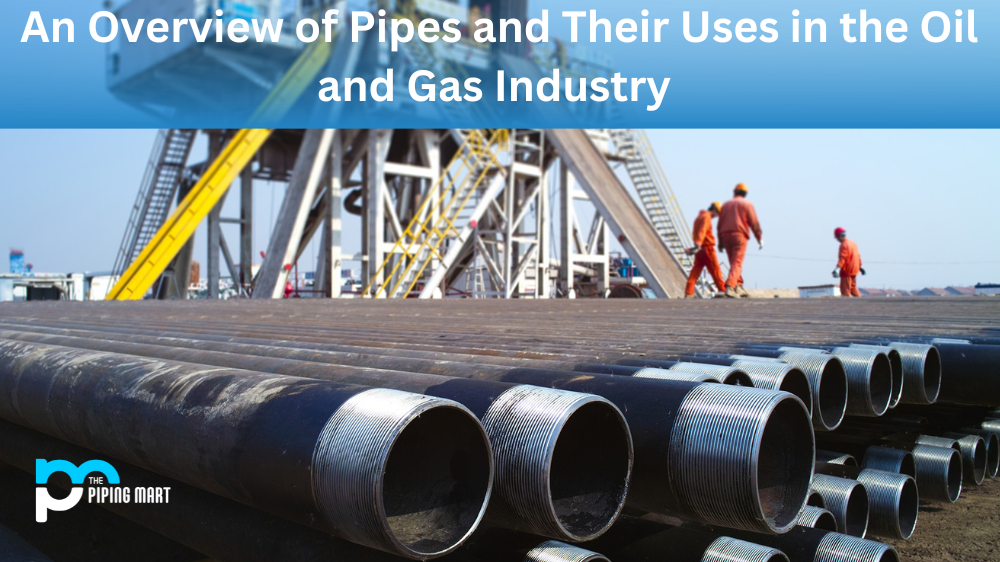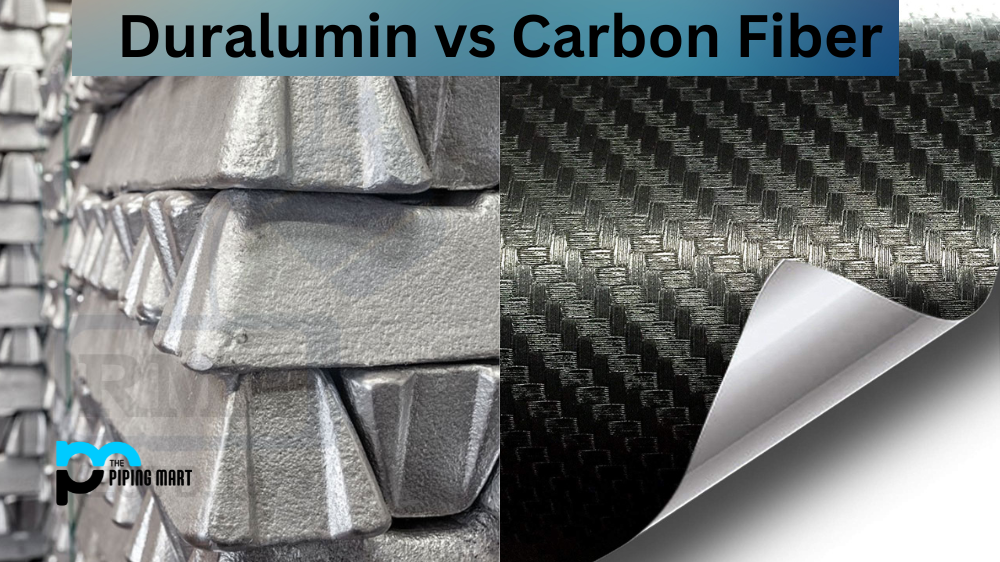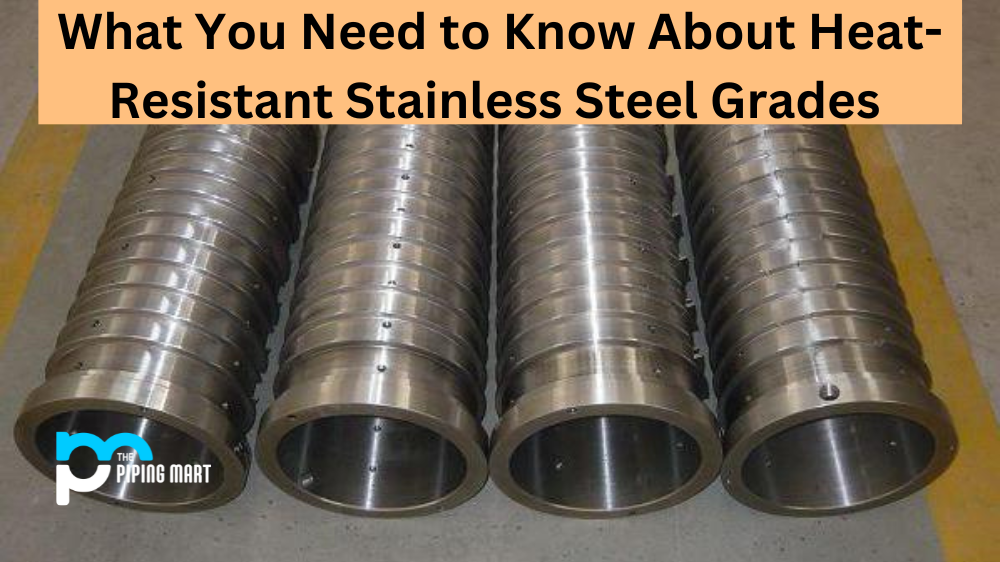Pipes are essential components of any oil and gas operation. Whether transporting crude oil from the wellhead to a storage tank or transferring natural gas from a processing plant to a pipeline, pipes are used throughout the industry. Understanding their functions and benefits is key to running an efficient, cost-effective operation. Let’s look at the basics of pipes in the oil and gas industry.
Types of Pipes
Many types of pipes are used in the oil and gas industry. The most common type is seamless steel pipe, which is strong enough to withstand high-pressure operations while being lightweight and easy to transport. Other types of pipes include galvanized steel pipe, stainless steel pipe, copper pipe, PVC pipe, and ductile iron pipe. Each type has its advantages and disadvantages, depending on the application.
Steel Alloy
It is understood that when steel is used with various materials, the completed outcome made is an improved composite. For example, when it is mixed with carbon, molybdenum, or nickel, steel invigorates and indicates more prominent resistibility to utilization. From time to time, steel alloys moreover contain chromium. Not withstanding the way that it adds to the nature of steel produces the check ability to fight the effects of carbon dioxide and hydrogen sulfide, and high temperatures. Titanium is a noticeable added substance because of its quality and durability. It is in like manner impenetrable to a collection of substances, including seawater.
Steel
It is the most regarded material to be used in the oil and gas industry due to its quality, price, availability and constancy. It is seen that every segment of oil and gas age, running from gathering and refining of things to transportation them over the world, uses it. Steel is exceptionally considered for scattering reason. It is the central material which is used for piping and external parts due to its incredible quality and resistibility to wear. Every so often, when steel is mixed with somewhat level of various materials, it improves the completed outcomes quality, or other appealing characteristics.
Copper
Copper and copper mixes are used for explicit purposes, inside oil and gas undertakings. These materials are consistently finding their usage in valves and seals. This is a direct result of properties like electrical and warm conductivity that help to move warmth and cold without contorting, breaking, or slumping for the most part. PE and HDPE channels have been used in the oil and gas examination industry for quite a while. HDPE pipe finds its usage in franking for social occasion and transportation of hydrocarbons, similarly as the transportation and aggregation of water used in this technique. Plastic pipe is furthermore regarded for its versatility; gas scattering systems are progressively capable to bear extraordinary ground shifts, especially from seismic tremors, when they are created utilizing merged PE pipe.
High-density polyethylene (HDPE) pipe
High-density polyethylene (HDPE) pipe is used as a money saving decision as compared to steel pipe. DUPLEX STEEL & ENGINEERING has led the formation of High-Density Polyethylene Piping systems of higher separation crosswise over (up to 630mm). These channels are most proper for consumable water supply, compound transportation, mechanical spouting exchange and submarine applications.
Benefits of Using Pipes
Pipes offer several benefits for oil and gas operations:
- They provide an efficient way to transport fluids from one location to another without risk of leakage or evaporation.
- They can be customized for specific applications by changing the material or size of the pipe as needed.
- They’re easy to install or repair with minimal downtime required for maintenance or repair work.
- They require little energy input compared to other methods, such as pumps or compressors, which can require significant amounts of electricity or fuel to operate.
Conclusion:
Pipes are integral to any oil and gas operation because they provide a safe, efficient way to transport fluids between locations without the risk of leakage or evaporation. With their versatility and ease of use, pipes have become indispensable tools for those working in this industry. By understanding their various applications and benefits, you can ensure your operations run smoothly with minimal downtime caused by repairs or maintenance work. With this knowledge, you can ensure your business runs efficiently while keeping costs down as much as possible.

Pipingmart is B2B portal specializes in industrial, metal and piping products. Also, share latest information and news related to products, materials and different types grades to help business dealing in this industry.




